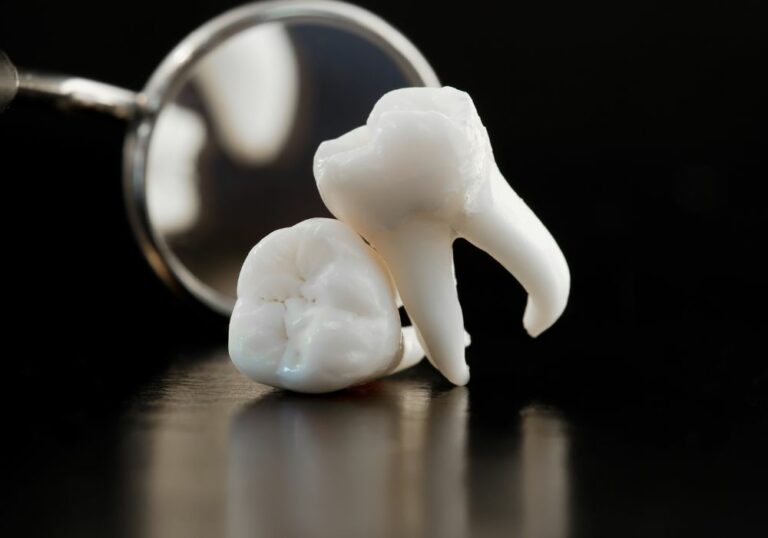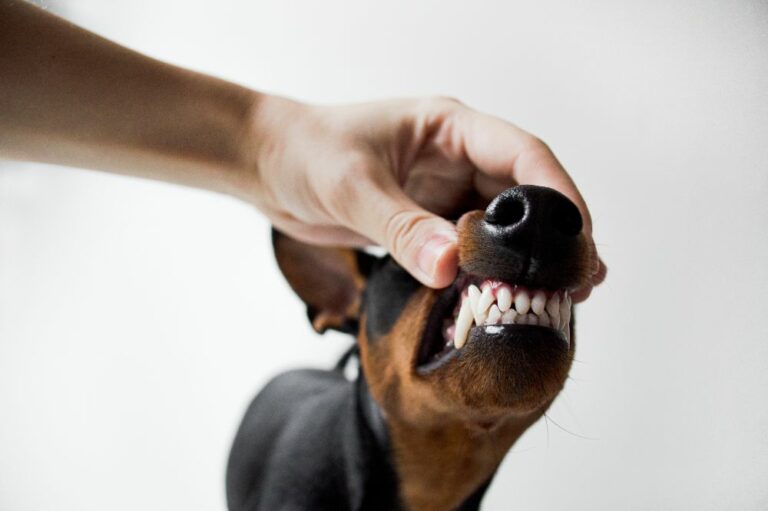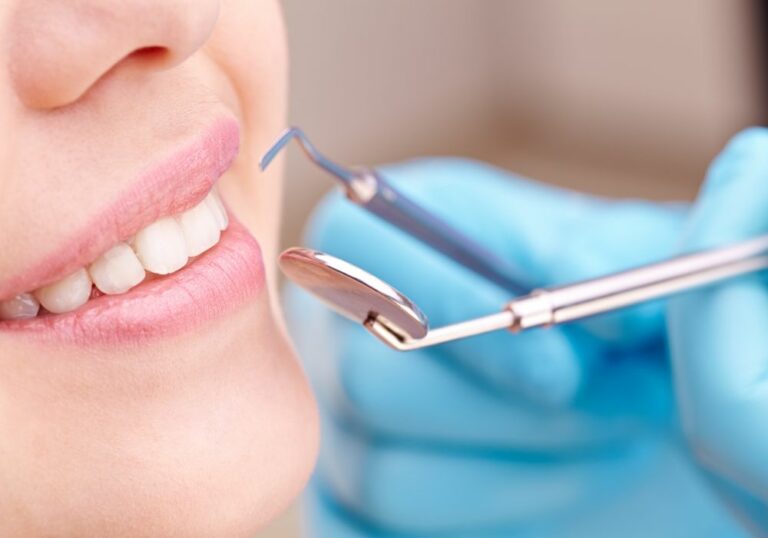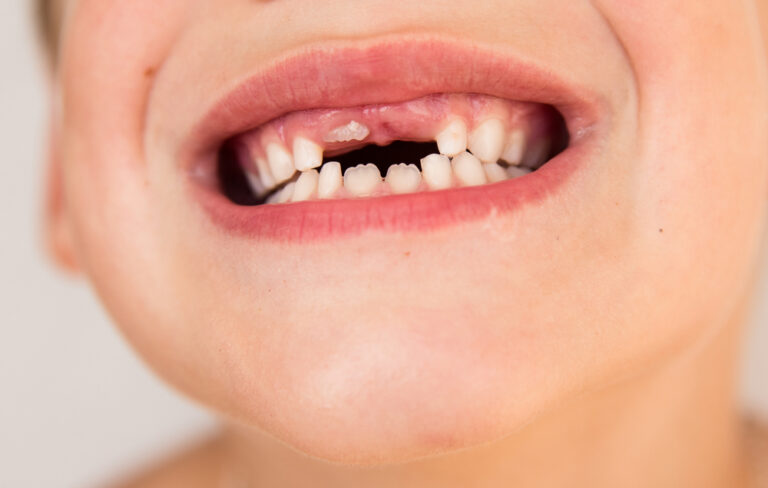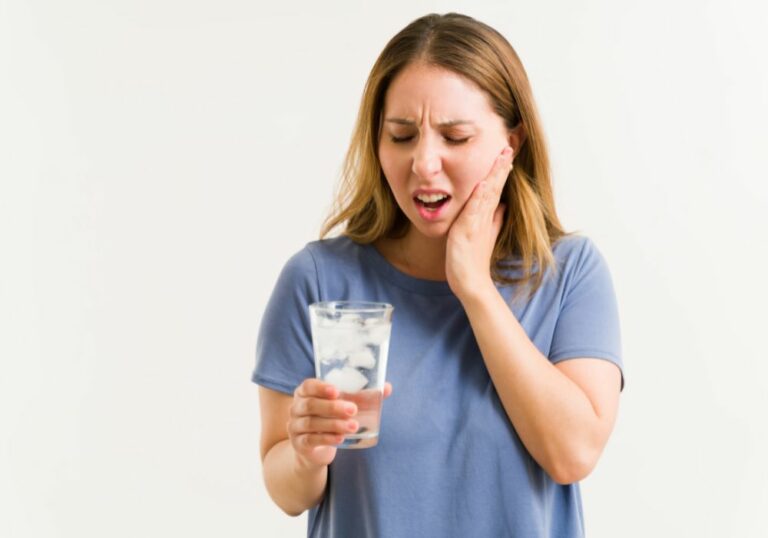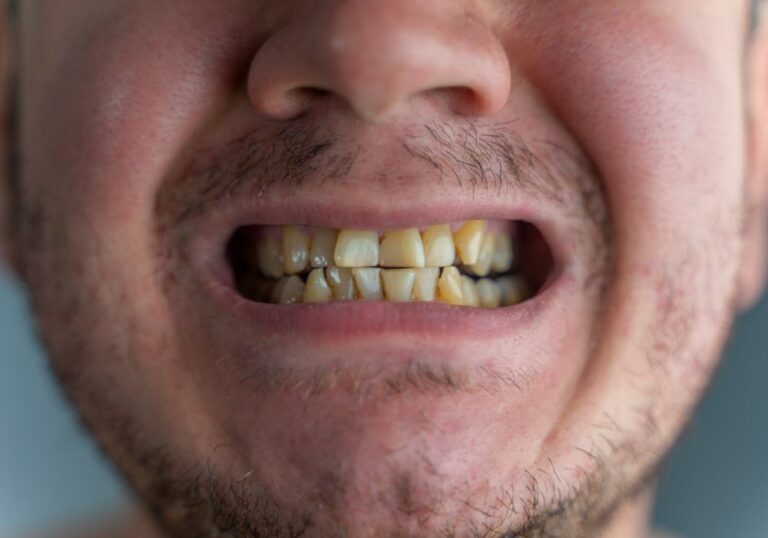Let me take a guess! You have recently had your wisdom tooth or teeth removed, and now you wonder whether you can eat chips. If that is the case, stay tuned! It happens very often that we go to the dentist, have our teeth removed, and then it hits us!
Will I be able to eat crunchy food? When can I eat chips after wisdom teeth removal? Regarding teeth extraction, it depends on the type of teeth and your particular ‘dental’ situation.
So, let’s see when you can consume food, how to prevent dry sockets, which food you should eat, and other vital information!
What is Wisdom Teeth Removal?
Although most people are familiar with wisdom teeth removal, let’s just go through it briefly! Wisdom teeth removal is a common surgical procedure that includes the extraction of wisdom teeth.
When needing such surgery, you are referred to an oral surgeon, and this type of tooth extraction differs from the usual. It involves local anesthesia, although the surgeon can also give you sedation if you need to relax and are highly anxious about the procedure.
Why Do I Need To Have My Wisdom Teeth Removed?
The answer is here if you wonder why wisdom teeth must be removed! I had a wisdom tooth removal a couple of years ago, which was painful and highly uncomfortable!
So, wisdom teeth are the back teeth or molars, which erupt last, usually in the late teens or at the age of 20.
By the time they erupt, the arrangement of your teeth can change, and you may find yourself in a situation like I did. There was no space in my jaw for the wisdom tooth, which swelled and started affecting the other teeth around it.
Usually, the gum around it and your cheek will swell if your tooth is partially impacted. This is called Pericoronitis or the inflammation of the gum tissue around the wisdom tooth!
In addition to discomfort and pain, erupting wisdom teeth can disrupt the arrangement of your teeth, which may call for braces eventually! Crowded wisdom teeth tend to lean sideways and rub against the cheek, which is unpleasant.
Erupting wisdom teeth can cause other changes; you may experience a repeated infection with soft tissue and cysts. Either way, you will have a problem with eating and even talking, hence why it is important to remove them!
What Can I Eat After Wisdom Teeth Removal?
Been there, done that! After the surgery, you will probably be under the influence of local anesthesia, meaning it will be painless. However, when the anesthetic starts to wear off, the aftermath is highly painful.
In most cases, you will not be in the mood to eat because this surgical procedure is highly invasive, and, like other extractions, it will leave a hole, which will be sore and inflamed. A common symptom of wisdom teeth removal includes swelling of the cheek.
For the first couple of days, it is suggested that you eat soft foods, such as smoothies, soups, mashed potatoes, yogurt, fruits, apple sauce, instant oatmeal, ice cream, soft noodles, cottage cheese, pudding, milkshakes, and many others.
The most important criterion when choosing food to eat after the wisdom tooth extraction is that it does not include much chewing and grinding and is not too hot.
Then, when you notice that your wound is slowly recovering, you may switch to food that includes some chewing, such as macaroni and cheese and scrambled eggs.
During this period, you should avoid eating crunchy food, such as chips, hamburgers, fries, salads, and similar food. Avoiding acidic and spicy foods is also suggested, which may also irritate the wound and the area around it!
When Can I Eat Crunchy Food After Wisdom Tooth Removal?
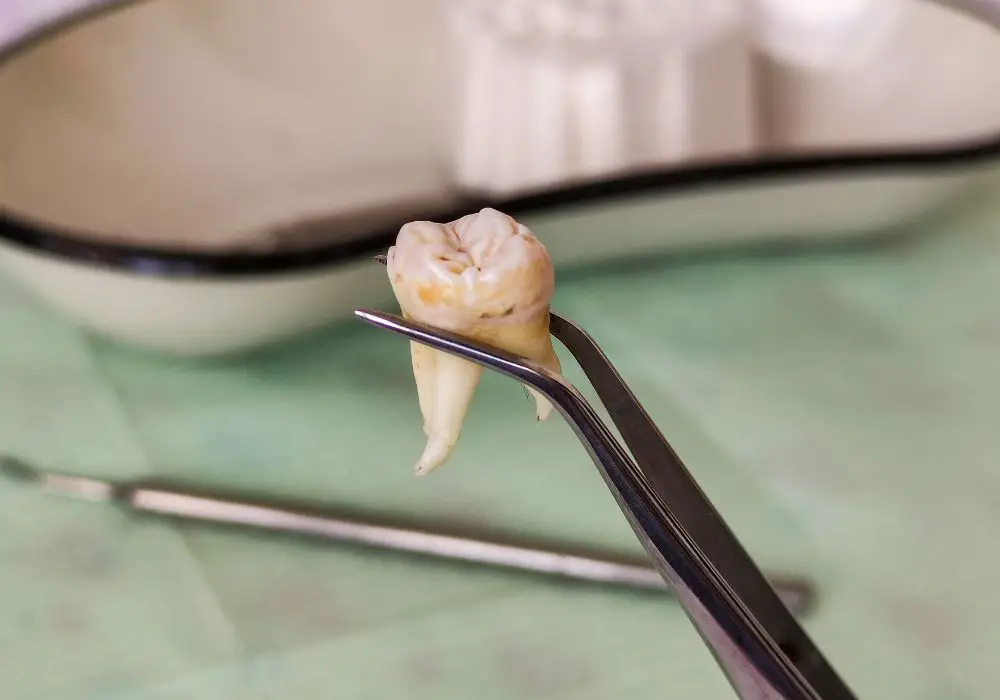
We all like to eat crunchy foods, and when you have your tooth removed, that becomes a bit of a challenge! As noted, wisdom teeth removal is considered surgery, meaning the oral surgeon will secure the site with stitches after the removal.
These stitches are called sutures, and they serve to facilitate fast recovery and prevent potential infections. The site is basically an open wound, which is a dream come true for various bacteria, which are also present in our mouths.
Most dentists suggest avoiding nuts, popcorn, chips, and seeds, at least a week after tooth extraction. These food items can easily irritate the soft tissue and cause an infection.
Why Can’t I Eat Chips After Wisdom Tooth Removal?
Regarding the recovery after the surgery, the diet plays an important role and can help facilitate fast healing or cause more problems such as infections and bad breath.
In the period following the surgery, the site is highly sensitive, and although you may think that a couple of chips may not do any harm, they can hurt like small blades in your mouth, damaging the inflamed areas.
Also, do not forget you will have stitches, and it will take a couple of days to get used to them. The main reason why crunchy and crispy foods are a big “NO” is because they can damage the wound and slow down recovery.
Another problem that people deal with after removing wisdom teeth is a dry socket!
It refers to the complication which occurs after the tooth has been extracted. In other words, it is a hole in the bone where the extracted tooth used to be. The dry sockets occur when a blood clot fails to form at the site or is dislodged and dissolved.
Some factors such as poor oral hygiene, and consumption of alcohol and cigarettes can increase the risk of developing dry sockets.
How to Avoid Getting a Dry Socket?
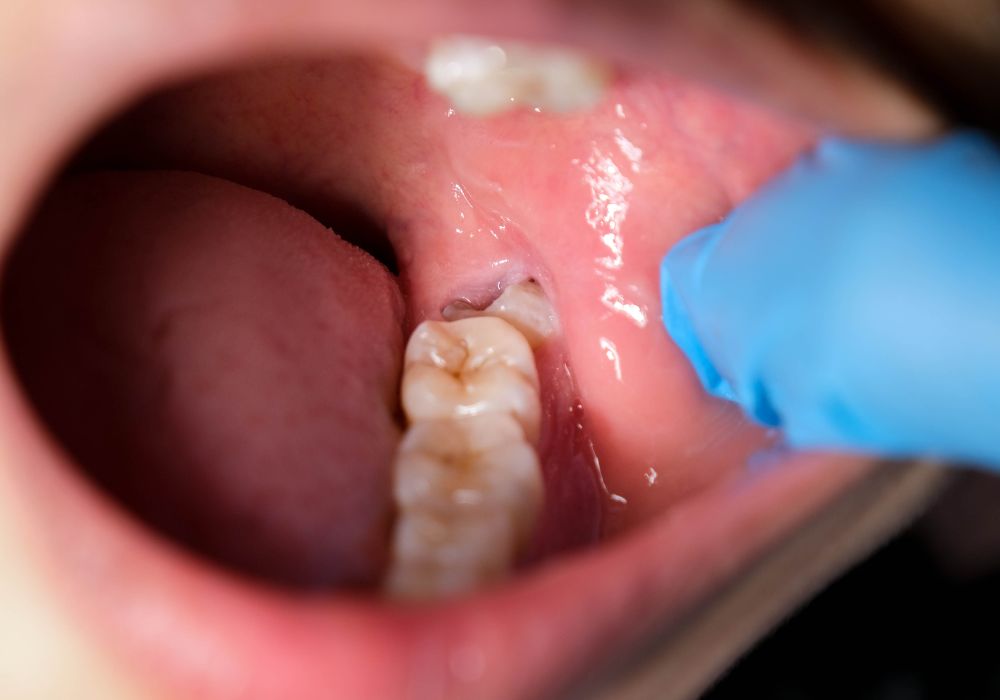
We are all scared of getting a dry socket after teeth extraction, so let’s see what we can do to prevent it! First, a normal extraction site or wound should resemble a dark-colored scab due to the blood clot.
On the other hand, a dry socket can be easily recognized because there is no blood clot, meaning you can see the bone! Yikes! Dry sockets also cause additional discomfort and pain; besides these, you can experience headaches and pain in your neck.
Interestingly, dry sockets usually appear on the lower jaw rather than the upper. So what can you do about it?
First, it is vital to follow the instructions given by your oral surgeon and dentist, who will prescribe you pain medication and antibiotics but also inform you about potential complications and what causes them.
- If you smoke, try to avoid smoking at least for 24 hours, although the recommendation is that you avoid smoking for 72 hours, which is a problem for smokers.
- Solid foods, crispy food, and alcohol are a big “NO” for at least a week.
- Apply an ice pack to the swelled area and cheek.
- Clean the surgical site gently with gauze.
- Wash your mouth with the oral rinse given by your dentist.
- Drink a lot of fluids.
- Gently brush the sutures to minimize food trapping and potential complications. Brushing should be avoided during the first two days.
How Long Does the Healing Process Last?
The healing process after wisdom teeth removal usually last around two weeks. However, for some people, it may take less than two weeks or longer than two weeks, depending on several factors.
First, the extraction method or technique employed can affect the recovery pace. Smoking and drinking alcohol will prolong the healing process, like crispy junk food. Basically, taking good care of the surgical site will help you heal faster.
In most cases, you can return to your regular diet after 12- 14 days if you follow the instructions and regularly take antibiotics.
Can I Develop a Dry Socket After Two Weeks?
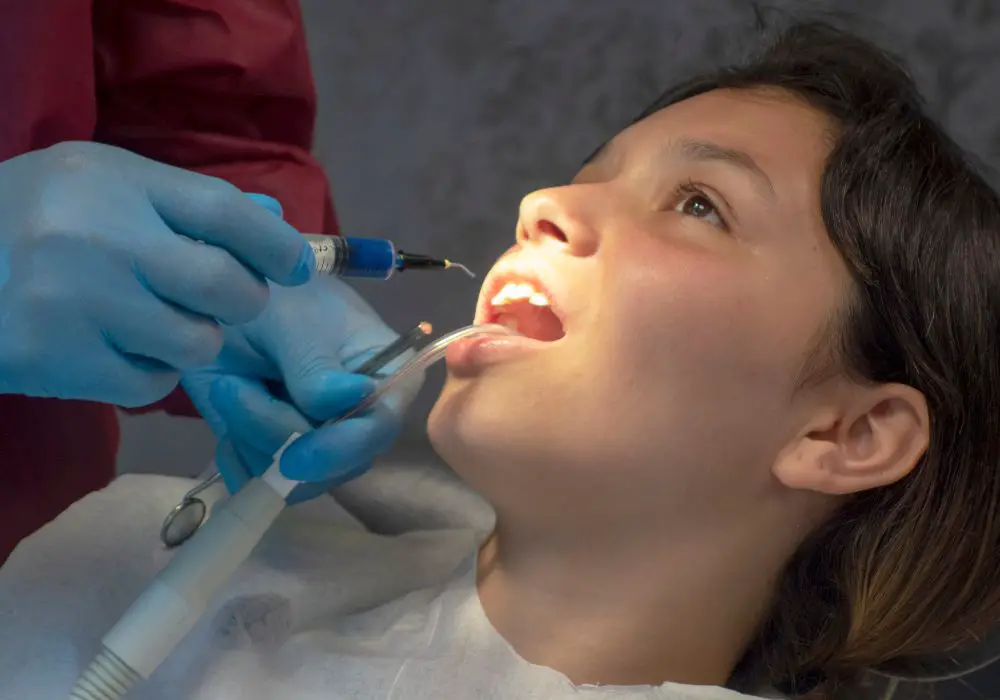
Yes, and it mainly depends on your diet and oral hygiene! You can stop being afraid of developing a dry socket when the alveolar bone and periodontal ligament are reattached to the tooth. Some foods can help you prevent a dry socket.
Those include high-fat fish, eggs, dairy products, vegetables, and fruits. Do not forget the water- hydration is highly important during this period!
Can Eating Chips Cause Dry Socket?
Eating chips will most likely irritate the surgical site and the area around it, thus slowing the healing process, but it will not result in a dry socket. A combination of factors usually causes a dry socket; in most cases, the patient inadvertently causes it by smoking or drinking alcohol.
Also, eating sticky foods and chocolate with caramel will not do you any good! If you develop a dry socket, it usually takes 7 to 10 days to heal.
A dry socket usually goes away on its own, but it is still important that you clean it and avoid certain food that may irritate it.
Conclusion
You can eat chips 10 to 15 days after the surgery because they are crunchy and crispy and may easily damage the surgical site and the area around it. Although wisdom teeth removal is common, sometimes it can result in serious complications, such as damage to sinuses and nerves.
It is important to take care of the wound and your mouth after the surgery – you can do that by drinking a lot of fluids, rinsing the mouth with an antiseptic, and other instructions a dentist gives!
Do you need to remove your wisdom teeth, or have you already removed them? Please share your experience with us! Also, don’t forget to use the comment section for any questions regarding the topic.

